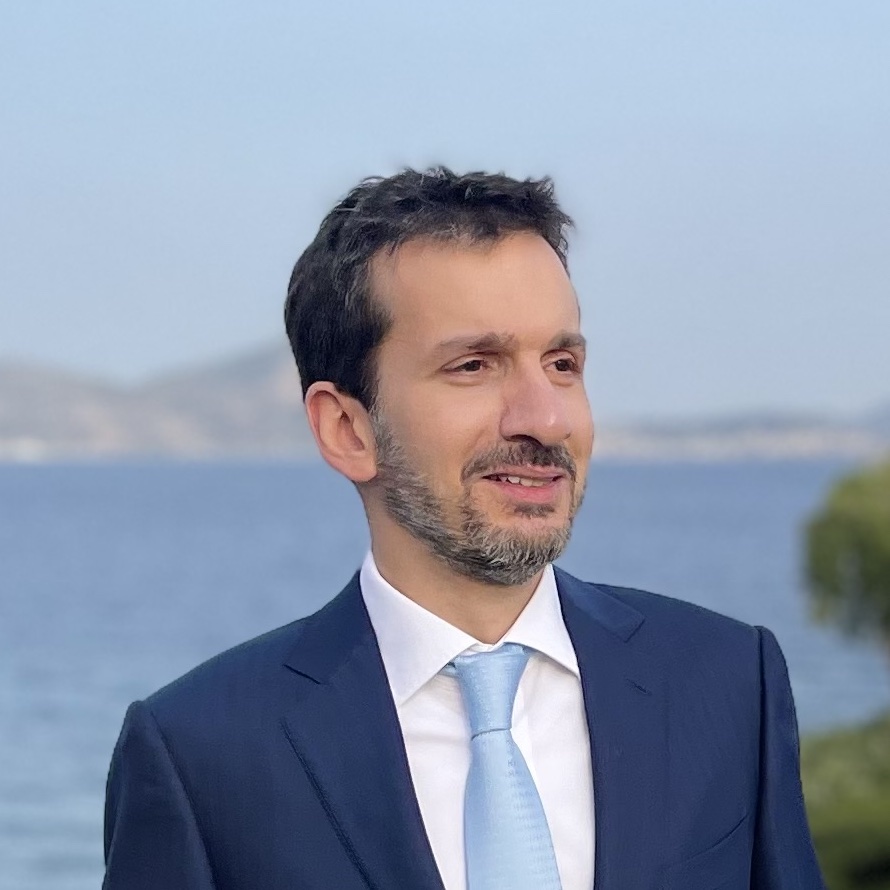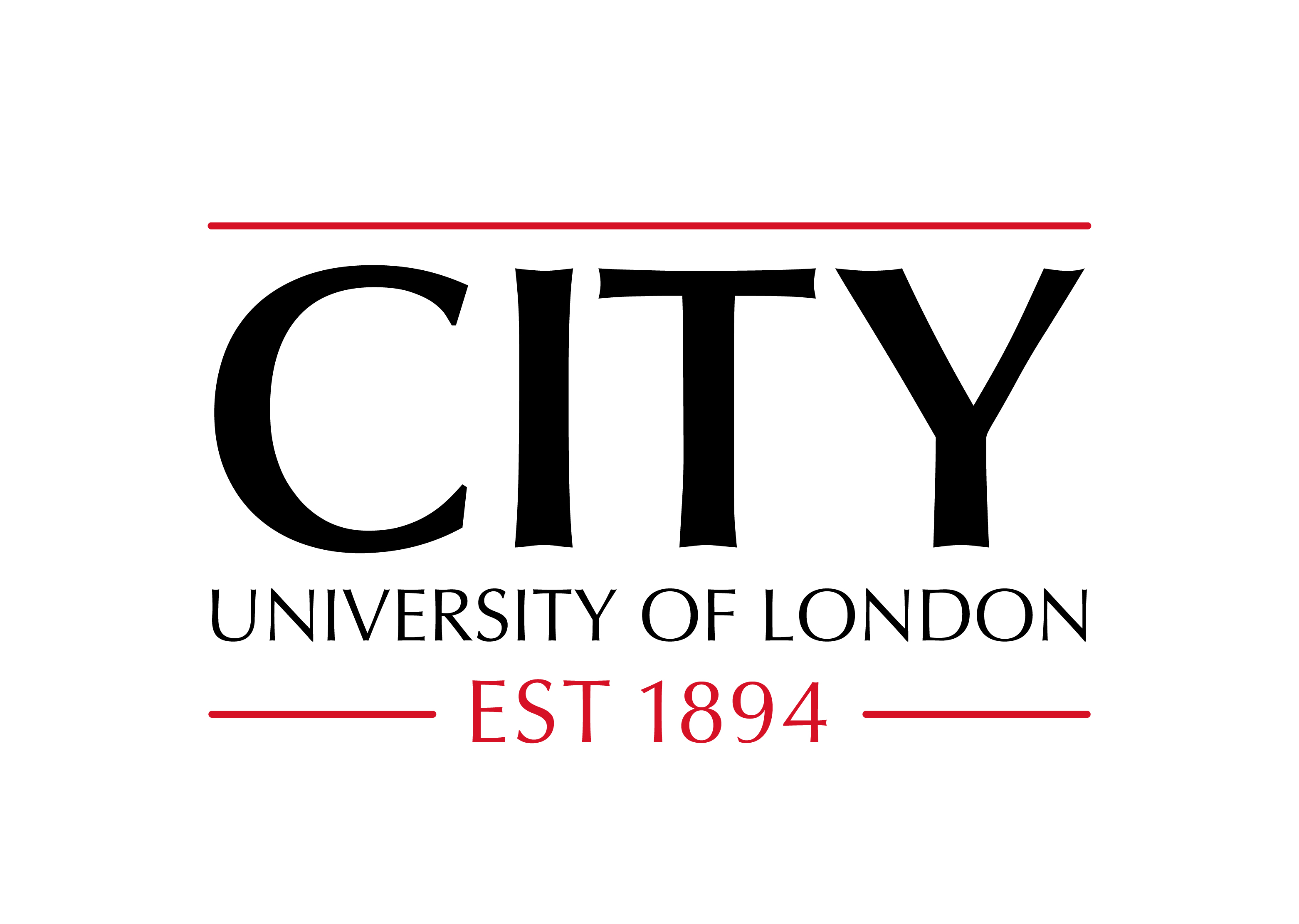About the courses
The Economics of Blockchain Research Group, at City, University of London, has launched two one-day courses on the economics of Blockchain and Cryptocurrencies. Both courses offer an introduction to the technology of the blockchain and the economic incentives behind it, together with an overview of how the blockchain fits in the general economic environment.
The first course has an added focus on financial topics such as pricing, initial coin offerings (ICOs) and market manipulation, whereas the second course addtionally focuses on legal and regulatory issues, such as data protection, privacy and securities.
Participants will have the opportunity to network with practitioners from law and fintech, as well as academics that combine research and consulting expertise in the blockchain space.
Where
City, University of London
When
Thursday October 31, 2019
Friday November 1, 2019
Keep in touch
To be notified for future events, please register your interest at info@econblockchain.com.
Details
-
Target audience
The courses are aimed at economists, lawyers, financial practitioners and regulators, entrepreneurs and software engineers. The course is aimed at non-experts who have no prior knowledge of economics or software engineering.
-
What will you learn
The course provides a non-technical overview of blockchain and Distributed Ledger Technologies (DLT), from an economic point of view. You will learn the foundations for DLTs, and how economic incentives are leveraged in distributed consensus. You will be introduced to the economic incentives of different stakeholders in the ecosystem (miners, protocol and application designers, consumers, competitors, investors, regulators). You will learn how economic engineering plays a major role in the design of layer 2 technologies, such as side chains and smart contracts. You will explore how DLTs embed in the general economic landscape and what are some promising use cases, how theories of money apply (or don't) to cryptocurrencies and tokens, and how regulation is beginning to influence this space.
The finance focus of the first day covers financial aspects of DLTs: You will learn the market microstructure of cryptocurrency markets, the trading instrument and exchanges, as well as understanding risk exposures and volatility dynamics. You will learn how cryptocurrencies are priced in the market, how the financial industry treats this new asset class, how prices are subject to market manipulation, and how ICOs operate.
The law focus of the second day covers legal aspects of DLTs: You will learn how regulatory frameworks apply to blockchain and DLTs and selected topics such as cryptocurrencies, securities or transactions, what the current thinking and guidance of the regulators are on these new technologies, and how the issues of privacy and data protection, as expressed in the recent EU General Data Protection Regulation (GDPR), apply to blockchains and DLTs.
The course is aimed at non-experts who have no prior knowledge of economics or software engineering.
-
Topics covered in both courses
- Introduction to distributed ledger technologies and blockchain
- Basics of game theory and cryptography
- Bitcoin
- Theories of money
- Proof-of-work, proof-of-stake and Nakamoto consensus
- Ethereum, smart contracts and layer 2
- Scalability trilemma
- Lightning network and side-chains
- The design of smart contracts
-
Additional topics in the Economics and Finance of Blockchain course
- Wallets and exchanges
- Market manipulation and price discovery
- Trading instruments and basic strategies
- Initial coin offerings
- Risk analysis and volatility
-
Additional topics in the Law, Finance and Economics of Blockchain course
- All topics covered in the Economics and Finance
- Laws of Blockchain and DLT
- Blockchain and DLTs from a GDPR perspective
Your Instructors

Dr. Daniele Bianchi
Economist

Dr. Spyros Galanis
Economist

Vassilis Karantounias
Lawyer

Charles Kerrigan
Lawyer

Dr. Jan Christoph Schlegel
Economist
Programme
The first day focuses on Economics and Finance. The second day provides an overview of all three topics.
Registration

DLTs and Blockchain Dr. Spyros Galanis
Introduction to Distributed Ledger Technologies (DLTs) and blockchain, basics of game theory and cryptography, Bitcoin and theories of money.
Lunch

Economic Design of DLTs Dr. Jan Christoph Schlegel
Proof-of-work, proof-of-stake and Nakamoto consensus, Ethereum, smart contracts, the scalability trilemma and layer 2 solutions.
Coffee Break

The Economics and Finance of Blockchain Dr. Daniele Bianchi
Wallets and exchanges, market manipulation and price discovery, trading instruments and basic strategies, initial coin offerings, risk analysis and volatility.
Drinks and Networking
The day finishes at 6PM.
Registration

DLTs and Blockchain Dr. Spyros Galanis
Introduction to Distributed Ledger Technologies (DLTs) and blockchain, basics of game theory and cryptography, Bitcoin and theories of money.

Economic Design of DLTs Dr. Jan Christoph Schlegel
Proof-of-work, proof-of-stake and Nakamoto consensus, Ethereum, smart contracts, the scalability trilemma and layer 2 solutions.
Lunch

The Economics and Finance of Blockchain Dr. Daniele Bianchi
Wallets and exchanges, market manipulation and price discovery, trading instruments and basic strategies, initial coin offerings, risk analysis and volatility.
Coffee Break

Data privacy and security Vassilis Karantounias
Compliance with data protection principles under the General Data Protection Regulation (GDPR) in blockchain and DLT applications.

Laws of Blockchain and DLT Charles Kerrigan
Existing frameworks and regulatory developments on selected blockchain and DLT-related topics, such as crypto, securities or transactions.
Drinks and Networking
The day finishes at 6PM.
City, University of London
Rhind Building, St John Street
London, EC1R 0JD
Room TBA
Book a place
Registrations are now closed.
Contact Us
For any question, please contact the organisers, Dr. Spyros Galanis and Dr. Jan Christoph Schlegel.

